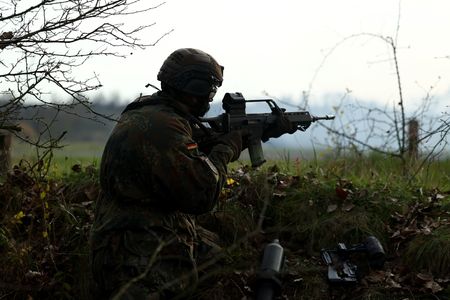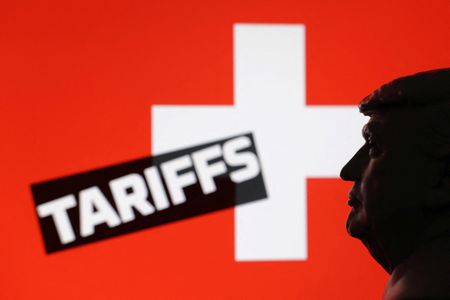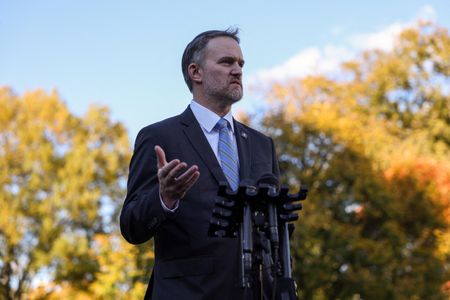(Reuters) -Germany needs to better integrate private sector resources into its defence plans to meet logistical and NATO demands, a study carried out by Porsche-owned consultancy MHP, Quadriga University Berlin and the German armed forces’ in-house consultancy said on Friday.
WHY IT’S IMPORTANT
Germany has an operational plan for times of crisis or war when it would also be supporting NATO. This plan was triggered by Russia’s invasion of Ukraine in 2022.
Although details are unknown, the study published on Friday said the plan’s main challenges lie in logistics. In a crisis, up to 800,000 service members would have to be moved through and kept in Germany within six months, it said.
The study emphasized that countries like Finland, Sweden, the Netherlands and the United Kingdom already have a much deeper civil-military cooperation.
KEY QUOTES
“Private-sector resources are not an option, but a necessity,” the parties involved in the study said.
“We need to transfer this know-how to safeguard against a scenario that should never occur,” Henning Schulze, partner at MHP, told Reuters.
KEY TAKEAWAYS AND RECOMMENDATIONS
The study proposed establishing a “digital supply hub Germany” connecting real-time data of private storage, transport and supply capacities like factories to army or ministry needs, and implementing pilot projects in response to military requirements.
It emphasized the need for incentives for companies and highlighted the importance of the German auto industry for transport support.
NEXT STEPS
“The next step is to familiarize political, administrative, and military decision-makers with the possibilities and opportunities offered by (private sector–military cooperation) and encourage them to test the proposed model,” the report said.
There are talks happening between the German armed forces and defence ministry, which are set to continue in the next weeks and months, Schulze said.
(Reporting by Marleen Kaesebier in Gdansk, editing by Milla Nissi-Prussak)










